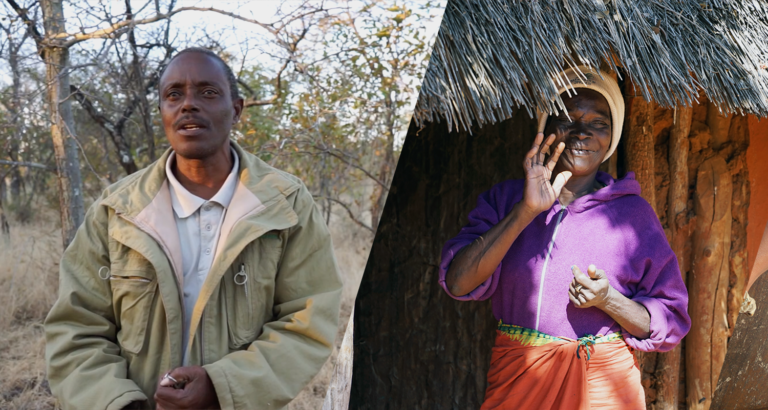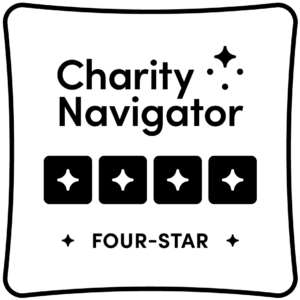Having welcomed you to my new blog I said I would use to focus attention on the largest leak in Team Humanity’s sinking boat, I will now begin doing so.
I am breaking a globally confusing situation into segments, each one easy to grasp, and will build the bigger picture with each additional post. In this way we can discuss each piece easily and not get bogged down in one long session. I begin with the simple reason why with so many good people, universities, environmental organizations, governments, international agencies spending trillions of dollars on well-meant efforts, results are so disappointing and unintended consequences so common. To make this concrete think of the largely failed but well-meant Millennial Goals, and the newly announced United Nations 17 Sustainable Development Goals.(SDGs) These SDGs have been produced at great cost by many organizations, in endless conferences by highly capable, caring people with brighter minds than mine. Almost all SDGs deal with symptoms of present management and global desertification. I do not see a single SDG addressing the cause. We can right now as a consequence predict further disappointment, and yet more unintended consequences. And in about ten years there will be yet another attempt in a worse situation. I do not indulge in hindsight because I predicted the same last time round.
Many good people have spoken, and published widely, outlining the problems – whether they be poaching to extinction, biodiversity loss, drugs, terrorism, environmental refugees, boatloads of drowning people trying to reach Europe or failing small towns – and calling for action. Millions of concerned citizents pour money into our various environmental and other non-profit organizations taking action. It is our actions that I want to focus upon, because unless we are clear about the cause of a problem any action taken and not addressing the cause is unlikely to succeed. I think we can all agree on that point, but we do not do this and simply keep addressing symptoms.
I will refer to my analogy of team humanity in one boat, as we are, with many leaks. Leaks that are getting worse despite so many good people, and organizations, spending trillions of dollars plugging them unsuccessfully because there is no one putting their foot on the largest leak steadily sinking the boat. To make this really clear, the leaks our institutions are plugging are symptoms, while the single large leak (the cause) sinking our boat goes unnoticed.
That single largest leak sinking out boat as the leaks it causes get worse year after year is our inability to address complexity. Period.
What does the word complexity mean and why is it important? Have a look at the two lists below.

What we see in common on the left is that everything there involves things we “make.” Everything we make from a simple pencil to spacecraft requires expert knowledge, and involves using technology in some form. What we make is not self-organizing, does not work if a significant part is broken, or fuel runs out, etc. Things we make from a toothbrush to bridges, buildings or spacecraft does what it is designed to do and no more. They do not do unexpected things. When problems occur they are relatively easy to fix. In Systems Science jargon everything we make is defined as a complicated hard system. By definition complicated and not complex.
If we think about these things we “make” we see amazing success even taking us to the moon and exploring space. And technological advances are accelerating improving our lives, comfort and entertainment. In these areas of our lives things are getting better and any consequences that are adverse show up years later, and often far from the scene as we saw with ozone holes appearing in the stratosphere caused by coolants we made. Or with oceans now so polluted by plastic far from convenience stores endangering ocean life and thus our lives.
Now what about the list on the right? Nothing we make, but everything we “manage.” What we manage does not require either expertise or technology. Everything we manage including our organizations or institutions and nature is self-organizing. Our organizations/institutions work in re-organized form if key people die. And all of Nature keeps going but in changed form each time we exterminate a species or cause their numbers to fall too low to survive in the wild. These things we manage, being self organizing are all complex. From human organizations defined as complex soft systems to nature, a complex natural system.
Our organizations or institutions being man-made do what they are designed to so, similar to things we make. However, being complex all organizations also exhibit unplanned “emergent” properties never intended. When problems occur they are called “wicked problems” because they are exceedingly difficult to solve.
While doing well with all we make, if we consider things we manage we cannot help but note we are not doing well. This is not new. Ever since the first city-based civilization about 10,000 years ago humans have experienced grave problems with many civilizations in all regions of the world failing. Now globally civilization is under threat more dangerous than all wars ever fought, as we we face the oncoming perfect storm of global desertification (and all its many symptoms) and climate change.
So let me focus on the two issues I have pulled out – global desertification and climate change. Today society (and thus our institutions) blame global desertification and climate change generally on two things. Livestock as we see with the growing vegetarian and vegan movement, and policies of environmental, government and international agencies. And we see this in the case of fossil resources (used as fuels) as so ably spelled out by Al Gore in his latest TED talk (http://www.ted.com/…/al_gore_the_case_for_optimism_on_clima…) offering great hope that at least we may be moving more rapidly to alternative energy sources.
However if you think about it fossil resources and livestock are simply resources and no resource can ever be the cause of a problem. Humans will need and should enjoy products from fossil resources for the next 10,000 thousand years and longer. But this will not be if we don’t get our heads out of the sand now. It has been entirely management and policy decisions to burn fossil resources as fuels rapidly for cheap energy and obscene profits. We cannot and should not point fingers and blame because most of us have benefited and just did not understand the magnitude of the problem and we ignored the few who warned years ago. And livestock have no control over our management that has led to the ways we run livestock leading to desertification in the US and world over centuries and still do. I will keep returning to this theme that management is the problem and not any of our resources because only public recognition of that simple point can plug the leak sinking our boat and save civilization as we know it.
While I will focus on desertification and climate change, we should note it is not only here that management is failing us, but in all theatres through flawed policies and development projects. Beyond the home individuals do not develop policy. Institutions develop policy. Almost all collective human endeavor is directed through our institutions – the policies they develop (including law and regulation) and the development projects that are funded by both the public and our large well-meaning philanthropic foundations.
In my next blog post I will go deeper explaining the simple reason why as humans we have never been able to address complexity more successfully, and how easy it is to begin doing so. My own deep fear is that unless we do so rapidly what led to the failure of past civilizations will lead to the failure of global civilization. I end by reminding you that this is not a doomsday blog but one I believe offering greater hope for humanity than at any time in history.
I will leave you to meditate at this point and allow time for you to comment. Does this make sense to you? If so please share widely and invite others to participate. Unless millions of people begin to discuss the root cause of our man-made problems our boat is sure to sink with all on board. I can only explain as simply as I am able to do and hope enough of you feel it important to concentrate global attention on management rather than continuing to blame the resources we have at our disposal. If anything I have written makes sense to you please do not be apathetic, share and invite others to participate and particularly those who have criticized all I say for the last half century. Now is their chance to speak up and help us find a better way.




